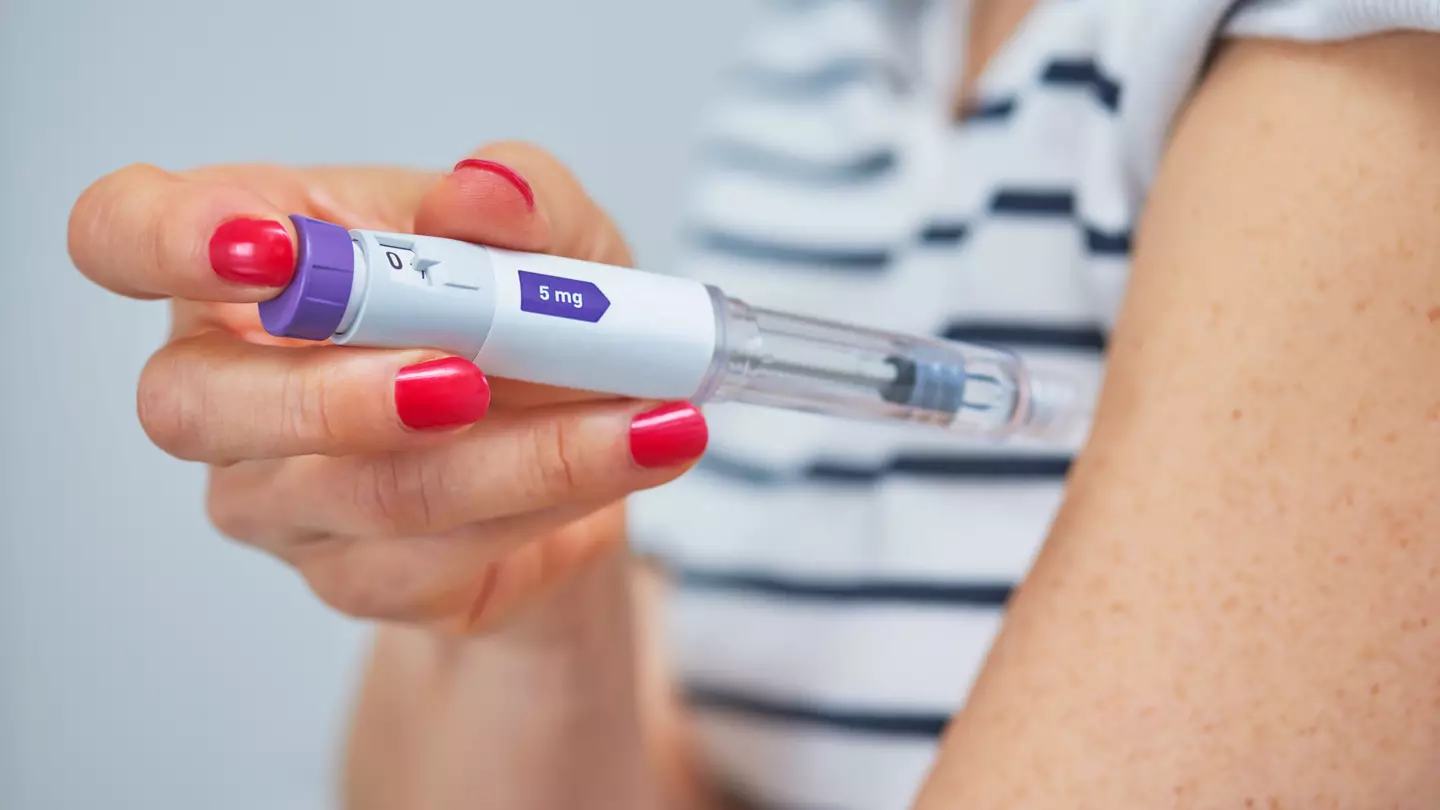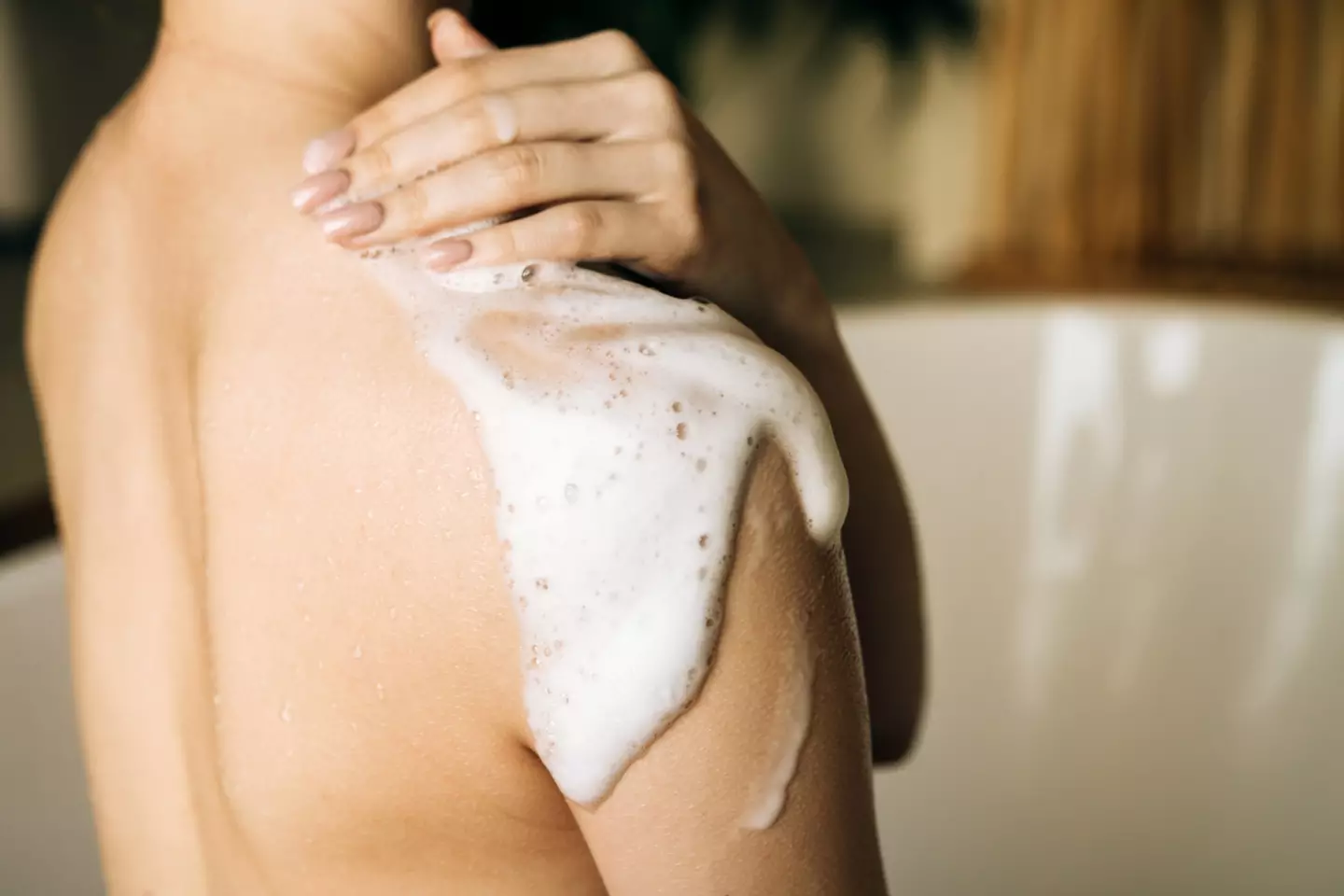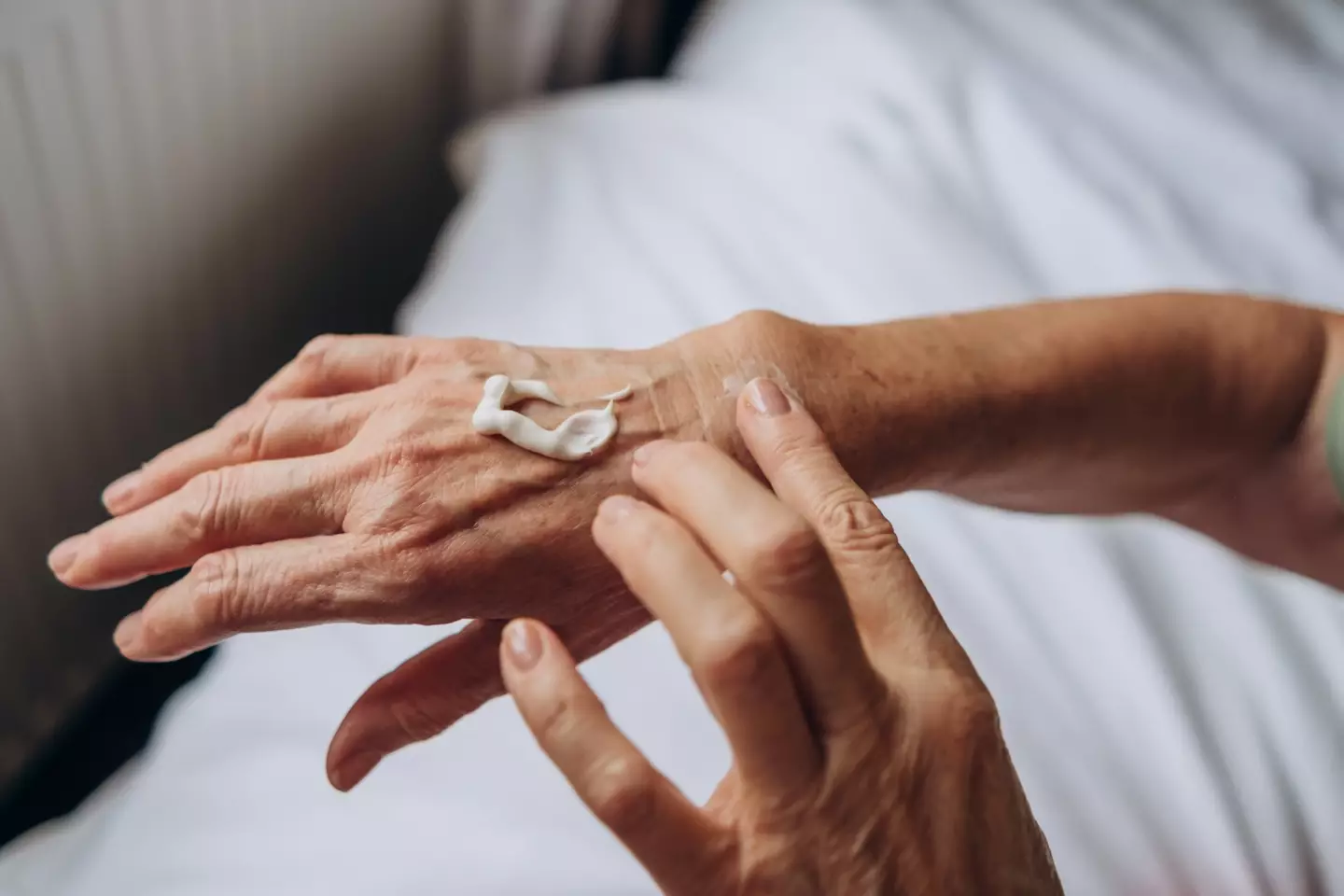
As GLP-1 medications continue to grow in popularity, it's understandable that more and more potential side effects are going to be reported by users.
In recent months, a number of possible side effects have become apparent, from hair loss to pancreatitis.
But while we gain more understanding of these medications, whether taken for weight loss or diabetes management, there's one little known side effect you might want to be aware of this summer.
A small number of people using Mounjaro, Ozempic or Wegovy injections have reported increased skin sensitivity, and a number of related symptoms.
Advert
Consultant dermatologist Dr Susan Mayou told LADbible: "Some individuals, up to one in 10, have reported skin-related reactions, including rashes, eczema and itching.
"In very rare cases, users have mentioned that their skin feels more reactive to sunlight or heat which may be secondary to the above."
.jpg)
Although the heat seems to be temporarily tapering off in the UK, summer is far from over, meaning GLP-1 medication users may want to take increased measures to look after their skin and protect it from any potential side effects.
"GLP-1 medications may indirectly affect the skin. For example, rapid weight loss, which many users experience, can impact skin elasticity and hydration, making it more vulnerable to external stressors, including sun exposure," Dr Susan explained.
Advert
"Also, since dehydration is a known side effect of GLP-1s, dry or more delicate skin could potentially react more harshly to UV rays in some individuals."
Regardless of whether you're experiencing any symptoms or not, it's always important to maintain a protective skincare routine, she says, especially while taking anything that could impact hydration or metabolism.

To stay protected, Dr Susan recommends:
- Daily use of a broad-spectrum SPF 50+ sunscreen, even during cloudy or winter days
- Reapplication of sunscreen as recommended by the individual product, especially if you're outdoors and after swimming
- Wearing wide-brimmed hats, sunglasses and UV-protective clothing when spending prolonged time outside
- Staying out of direct sunlight during peak hours (typically 11am to 4pm)
- Maintaining proper hydration, as dry skin is more prone to sensitivity and sun damage

Advert
"Additionally, a gentle, hydrating skincare routine using barrier-supportive products, like ceramide-based creams and non-irritating cleansers, can help reinforce skin health during treatment," she says.
If you're currently taking GLP-1 medication and have noticed a change in your skin, Dr Susan recommends keeping a record of your symptoms, including when they began, how long they last and what products you're using.
You should also pause any new skincare products that could be aggravating the issue and increase hydration topically and internally, using moisturisers and drinking more water.
In addition, you should avoid excessive sun exposure and report the issues with your dermatologist.
